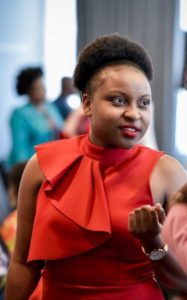
I believe that work experience is currency.
My name is Takudzwa Michelle Kuchena. I hold a Bachelor of Public Health (Honours) degree from Monash University (South Africa). My research paper focused on the uptake of Long Acting Reversible Contraceptives (LARCs) among adolescents (15 – 19 year olds) in South Africa from 1998 to 2016.
I am currently behind the conceptualisation and implementation of a non-profit, social health promotion campaign called “#Youthkestarring” which means to frontline change. The campaign intends to address the social determinants of health among the youth through the 12 monthly themes, each month with the objective to inform, empower, engage and interact with the youth in fulfilment of the aspects identified by the World Health Organization’s definition of health. The vision of this campaign is to develop an interactive youth led platform that aids for the empowerment of the youth of Africa. I am involved in data collection for a few more studies, among other responsibilities. For a new graduate like myself, its honestly very exciting to be involved in these projects, not only just because of the professional development but also because of practical experience of this opportunity. I believe that work experience is currency.
I am part of the Young African Leaders Initiative (YALI) network, Pan African Women in Health mentee program and a volunteer mainly involved with underprivileged families in the collection of donations such toiletries, clothing, stationery and groceries.
- What led you to pursue a career in health?
I always wanted to be a medical doctor due to the fact that I love helping people. It never worked out and I ended up in Public health. I enjoy Public Health far more than I would have enjoyed being a medical doctor as it compliments my personality much better.
- What are you most proud of?
I am happy to be involved in community development
- What do you wish you had done differently?
I believe when you put in the work, everything works according to God’s perfect plan. I have no room for regret, just capacity to learn and do better.
- What are some of the biggest challenges you have faced?
Being an unemployed graduate with no funding for my Master’s degree. This definitely was one of the biggest challenges I faced after obtaining my Honours degree
How did you overcome them?
I overcame this situation by applying for job opportunities diligently and consistently. I went on an active job search where I identified organisations in particular areas that could possibly have an interest in my skill set or that generally dealt with Public Health. Each morning I would wake up and go drop a hardcopy of my CV. In addition to this strategy, I was also applying for online jobs on a daily basis and following up on any promising offers. I got my first job after graduating i this way. Unfortunately, due to the effects of COVID, my contract was not renewed. I had to start looking for another job.
At this point the country was on lockdown and my movement was restricted. I didn’t have much of an option but to call different organisations in Public Health seeking for a job or volunteer opportunity. After each call I would send my CV to the HR email address received. I also did a follow up with some organisations that I had gotten in touch with previously. I got my second job through this strategy.
I am still looking for a Master’s degree scholarship but I am now employed. I also don’t take for granted the guidance and mentorship received through the PAHW mentorship program. It really helped receiving guidance from my mentors Harsha Davies and Belinda Ngongo on how to best navigate this journey. In such times, one can easily feel overwhelmed and without proper guidance , it is easy to be all over the place trying to move from one thing to the other in search of what works best with wasting time.
What are some of the lessons learnt?
I learnt how to plan strategically and in order of the importance of my priorities
I learnt how to ask for help and the importance of asking for help
I learnt the importance of being flexible especially when your original plans don’t work out
- What are some of the opportunities you see for women in health on the African continent?
Opportunities are about your perspective and your ability to create a solution from a problem. We are surrounded by problems in Africa from teenage pregnancy, HIV/AIDS to nutrition related issues. This presents a world of opportunities all around us for as long as you hold a perspective of creating solutions.
- What advice do you have for other women in health?
Firstly, it is important to note that 15 -24 year olds accounted for 59.0% of the unemployment rate in South Africa in 2020, with the unemployment rate among graduates in this age accounting for 33,1%. The above statistics present an opportunity as they suggest that organisations that exist do not have the capacity to take any more people or that they are not absorbing enough young people.
I would advise the women who are equipped with the relevant skills, experience, networks and resources to take the risk of actually seeding into entrepreneurship, job creation and meeting a need. I would urge all women in health to take a girl child under their leadership so they can help them. If you know someone who has a business idea or the right drive, don’t be a by stander and wish her all the best instead be proactive and invest in the ideas of young women. Invest in their potential and dreams. Connect them to the right and relevant opportunities. Pass on that CV and recommend her for that opportunity. Don’t wait to see how it goes or wait for her to figure it out.
